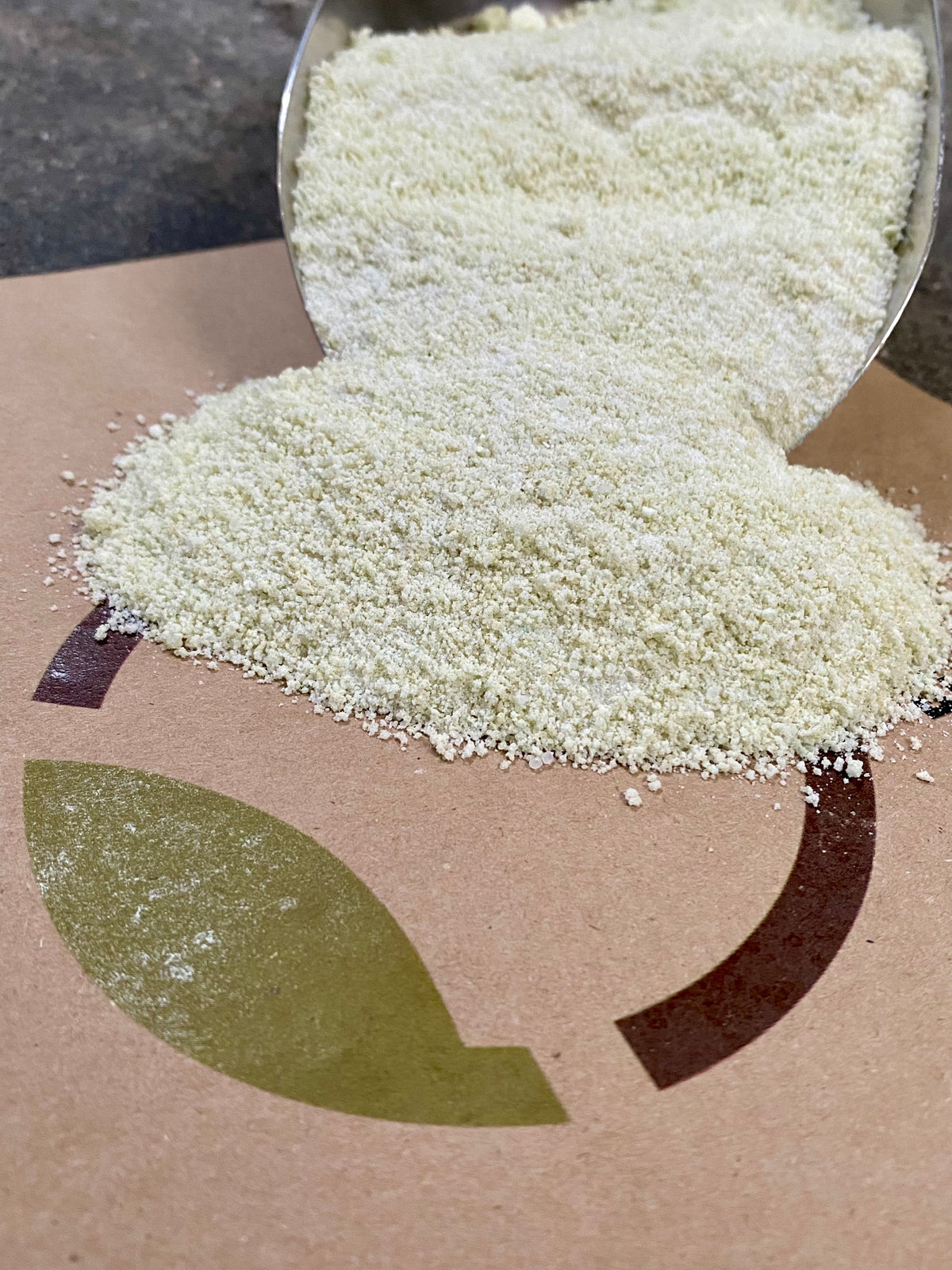Choosing the Best Fertilizers for Peppers: Professional Recommendations
Choosing the Best Fertilizers for Peppers: Professional Recommendations
Blog Article
Organic Vs. Synthetic Fertilizers: Which Is Best for Nurturing Healthy Pepper Plants?
In the world of nurturing healthy pepper plants, the option between organic and synthetic fertilizers stands as a crucial choice with significant effects. While both alternatives goal to supply important nutrients to support plant development, the subtleties of their influence on the dirt, plant wellness, and the setting stimulate an argument that mirrors throughout the gardening community. Recognizing the unique advantages and prospective mistakes of each plant food type is crucial for pepper farmers seeking to maximize their yields while maintaining a sustainable and eco-conscious approach.
Advantages of Organic Fertilizers
Organic plant foods use a lasting and environmentally-friendly method to nourishing pepper plants, offering important nutrients without making use of synthetic chemicals. These all-natural fertilizers are originated from organic resources such as compost, manure, bone dish, and seaweed, advertising soil wellness and biodiversity. Unlike artificial plant foods, organic alternatives launch nutrients gradually, making sure a well balanced and steady supply for pepper plants to prosper.
One substantial benefit of natural plant foods is their capability to improve dirt structure and water retention. By boosting soil health, organic plant foods advertise advantageous microbial activity, which assists in nutrient uptake by pepper plants. Additionally, natural plant foods minimize the danger of chemical run-off, shielding water sources from contamination and securing the environment.
Additionally, natural fertilizers contribute to long-lasting soil fertility by advertising the development of helpful dirt microorganisms. These microorganisms assist damage down raw material, releasing nutrients in a type that is quickly available to pepper plants. best fertilizers for peppers. By cultivating a healthy and balanced dirt ecological community, organic fertilizers support lasting pepper cultivation methods that benefit both plants and the atmosphere
Downsides of Artificial Fertilizers
Synthetic fertilizers, in contrast to their natural equivalents, pose various drawbacks when made use of to nurture pepper plants, impacting both plant wellness and ecological sustainability. One significant disadvantage of synthetic fertilizers is their propensity to seep nutrients from the soil swiftly. This quick leaching can bring about vitamins and mineral imbalances in the soil, causing plants to suffer from toxicities or deficiencies. Additionally, synthetic fertilizers can harm useful dirt microorganisms, such as earthworms and helpful germs, interfering with the dirt environment's equilibrium.
Moreover, the overuse of artificial plant foods can add to water air pollution. Excess fertilizers not absorbed by plants can remove into water bodies, resulting in eutrophication, where algae blooms diminish oxygen degrees in the water, hurting marine life. Synthetic fertilizers are commonly obtained from non-renewable resources, such as fossil gas, contributing to carbon emissions and environmental he has a good point destruction during their manufacturing.
Nutrient Absorption Contrast
When comparing organic and artificial plant foods in terms of nutrient absorption, organic plant foods have the advantage of providing an extra well balanced and slow-release resource of nutrients. Organic fertilizers contain a variety of macro and micronutrients that are not only useful for the plants however additionally advertise healthy and balanced dirt microbial task, which helps in nutrient uptake.
In addition, natural plant foods enhance soil framework and water retention ability, permitting pepper plants to access nutrients a lot more successfully. This improved dirt top quality promotes origin growth, enabling far better nutrient absorption. Synthetic plant foods, although click to investigate initially enhancing plant growth as a result of their high nutrient concentrations, might impede long-lasting nutrient absorption by degrading soil health in time.
Environmental Effect Factors To Consider

On the various other hand, artificial fertilizers, although frequently even more concentrated and instantly readily available to plants, can have harmful results on the environment otherwise applied effectively (best fertilizers for peppers). Their production calls for high energy inputs, causing greenhouse gas emissions and adding to climate modification. Moreover, the overflow of excess artificial fertilizers can pollute water sources, resulting in eutrophication and damaging aquatic ecological communities.
Ideal Fertilizer Practices for Peppers
To accomplish this, it is crucial to follow finest plant food techniques tailored to the certain demands of pepper plants. One essential method is to execute a dirt test before using any type of fertilizers.
Another essential method is to feed pepper plants at the right time. Usually, peppers profit from obtaining plant food at growing and then again when they begin to flower. Over-fertilizing can result in nutrient imbalances and harm the plants, so it is important to comply with recommended application prices.
Furthermore, choosing a balanced plant food with an NPK proportion that fits pepper plants' requirements is fundamental. Inevitably, integrating synthetic and organic plant foods judiciously can help support healthy pepper plants while minimizing ecological effect.
Final Thought

Organic fertilizers use a lasting and environmentally-friendly method to beneficial pepper plants, offering necessary nutrients without the usage of synthetic chemicals. Unlike artificial fertilizers, organic choices launch nutrients gradually, guaranteeing a balanced and consistent supply for pepper plants to prosper.
Artificial fertilizers, in comparison to their natural counterparts, pose numerous negative aspects when used to nourish pepper plants, impacting both plant wellness and ecological sustainability. When contrasting artificial and natural fertilizers in terms of nutrient absorption, natural fertilizers have the advantage of providing a more balanced and slow-release source of nutrients.Additionally, organic fertilizers enhance soil structure and water retention capacity, allowing pepper plants to access nutrients more efficiently.
Report this page